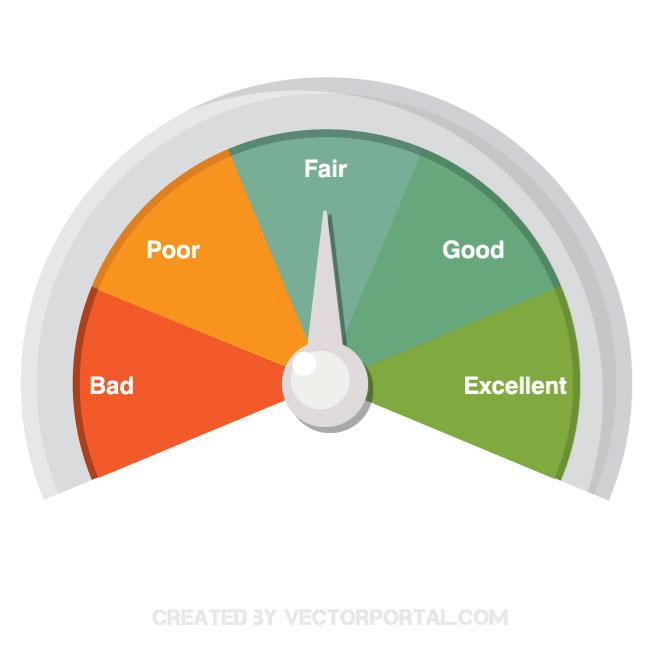Ways to Improve your Credit Score with Credit Monitoring

Having a good credit score is crucial for financial success. A high credit score can open doors to better interest rates on loans and credit cards, increase your chances of getting approved for an apartment, and even potentially lower your insurance premiums. One effective way to improve your credit score is through credit monitoring. By keeping a close eye on your credit reports and scores, you can take proactive steps to achieve a better credit standing.
1. Sign up for Credit Monitoring
One of the first steps towards improving your credit score is to sign up for a reliable credit monitoring service. By using a service like Weather Checkers, you can gain access to your credit reports, credit scores, and receive alerts for any changes or suspicious activity.
2. Review your Credit Reports Regularly
Once you have access to your credit reports, make it a habit to review them regularly. Look for any errors, incorrect information, or signs of identity theft. Addressing these issues promptly can help improve your credit score and protect your financial reputation.
3. Analyze your Credit Scores
Understanding your credit scores is crucial to improving them. Credit monitoring services often provide tools and insights to help you analyze your scores. Identify areas of improvement and take steps to address them.
4. Track your Payment History
Your payment history plays a major role in determining your credit score. Maintain a history of on-time payments, and work towards paying off any outstanding debts or delinquent accounts.
5. Manage your Credit Utilization
Credit utilization ratio represents the percentage of available credit you are utilizing. Keeping your credit utilization below 30% demonstrates responsible credit management. Monitor your credit card balances and try to minimize them if they are consistently high.
6. Minimize Credit Inquiries
Multiple credit inquiries can affect your credit score negatively. Be mindful of credit applications and only apply for credit when necessary. Credit monitoring can alert you to any unauthorized inquiries, helping you take action if needed.
7. Diversify your Credit Portfolio
Having a mix of different types of credit, such as credit cards, loans, and a mortgage, can positively impact your credit score. Credit monitoring can help you track this and provide suggestions on diversifying your credit portfolio.
8. Set Up Payment Reminders
Missed or late payments can damage your credit score. Utilize payment reminders provided by credit monitoring services to ensure you never miss a payment deadline.
9. Utilize Fraud Alerts
Credit monitoring services often offer fraud alerts to help protect your credit. Activate these alerts to receive notifications if any suspicious activities are detected.
10. Seek Professional Credit Help
If you are struggling with improving your credit on your own, consider seeking professional credit counseling or credit repair services. Credit monitoring can help identify potential low points and guide you towards these resources.
By utilizing credit monitoring services like Weather Checkers and following these tips, you can actively work towards improving your credit score. Remember, patience and consistency are key, and over time, you can achieve a better financial standing.

